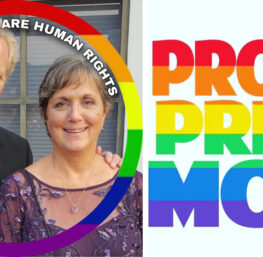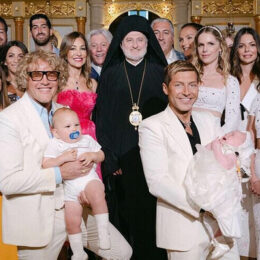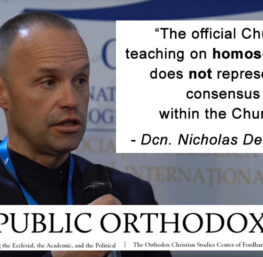Catholic Family & Human Rights Institute Samantha Singson May 5, 2006
A new law may force nations in the European Union to accept same-sex unions from other nations. The European Free Movement Directive entered into legal force last week and it requires EU member states to grant residency to homosexuals who are not citizens if their partner is a citizen of an EU country.
The directive grants family reunification rights to same-sex partners when one of the partners resides in an EU country that gives legal recognition to same-sex unions. But EU countries without same-sex marriage or partnership laws are not let off the hook. Though not automatically required to give legal recognition to same-sex unions such nations are obligated under the new law to perform an investigation into the stability of same-sex couples seeking reunification rights. If a relationship is deemed “real and durable,” then national authorities are required to facilitate entry and residence for the gay partner who is a non-citizen.
European justice commissioner Franco Frattini summarized the new law. “With two people in a durable relationship” in a country without laws recognizing same-sex unions “the member state has to facilitate. The right [to residency] is not given but it does mean member states have an obligation to assess,” he said.
“The main provision is that you can recognize marriages or partnerships only when the hosting country has similar provisions. In those cases where there is no direct obligation to recognize, member states must facilitate entry and residence of partners in a durable relationship after a concrete assessment,” Frattini said. “This new position will facilitate the situation of gay couples across Europe.”
Gay rights groups such as the International Gay and Lesbian Association (ILGA) regard the implementation of the directive as a partial victory. “Facilitation does not imply any obligation to recognize. We are preparing to test the legislation and see how the EU courts will go,” said an ILGA spokesman.
The EU has repeatedly taken measures to force anti-family and anti-life policies on member states. In December, an EU human rights committee issued a report that was critical of a concordat between Slovakia and the Vatican that would have given medical professionals the right to refuse to perform abortions. The report also said that in countries where same-sex unions are legal, clergy would be obligated to perform them. In November a meeting was held at the EU Parliament to discuss ways to make abortion legal in all EU countries.



